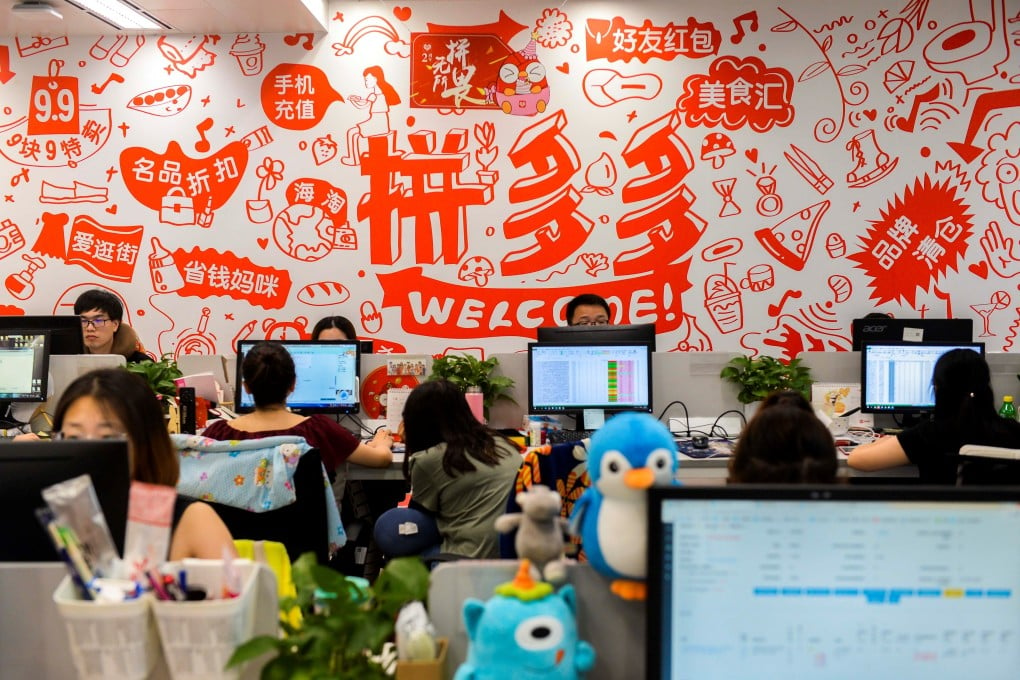Pinduoduo death and China’s ‘996’ overwork culture show how vulnerable tech workers have become
- The government should step in to protect workers, end the 996 regime endemic in tech giants, and stop capitalism in its coldest form from being practised in socialist China

The Chinese pride themselves on being hardworking, but the “996” culture of working from 9am to 9pm, six days a week, is simply inhuman. Sadly, such a practice is all too common in many Chinese technology companies.
The truth is that for workers of tech companies such as Pinduoduo, there are few options if one does not want to jeopardise one’s job, even if overtime is supposed to be voluntary.
The death of such a young employee hurts me. Throughout the 1980s, I was also an employee. Luckily, I worked in a state-owned factory where the workload was never intense and overtime was always paid for. In those days, workers were hailed as the “masters of the nation”. Why have these “masters” become slaves to work?

03:22
Stressed out Chinese man suffers emotional meltdown in public
What happened was the invasion of market economy and cold-hearted capitalism. Reforms led China’s labour system to depart from the socialist ethos of the past. The iron rice bowl has been replaced – with contract labour and salaries connected to performance.
